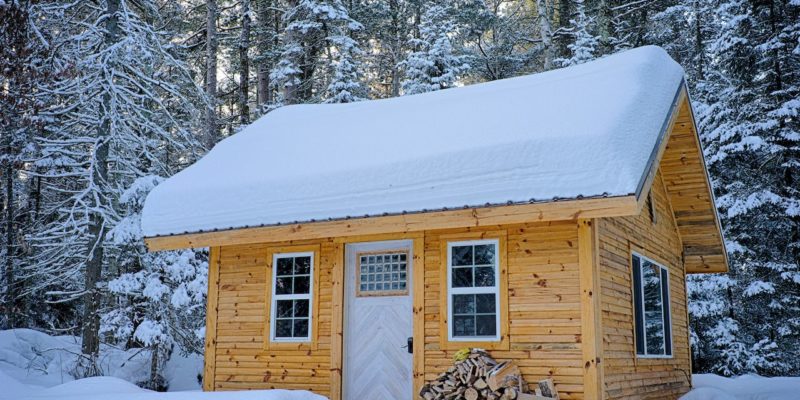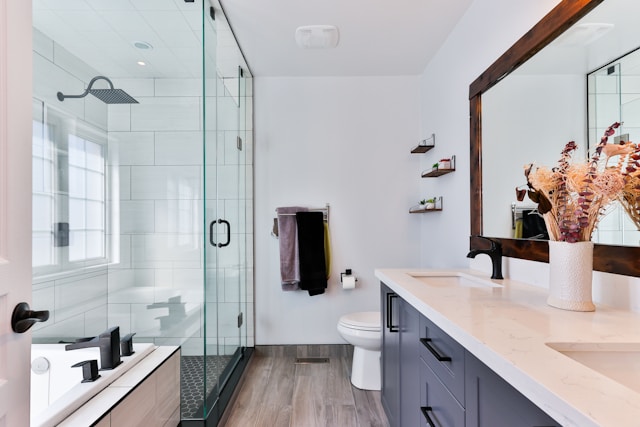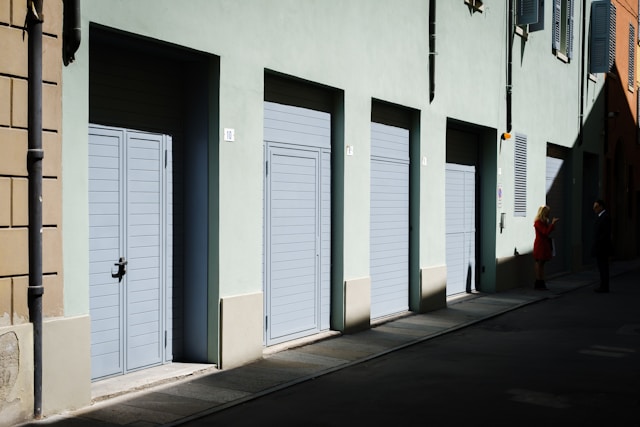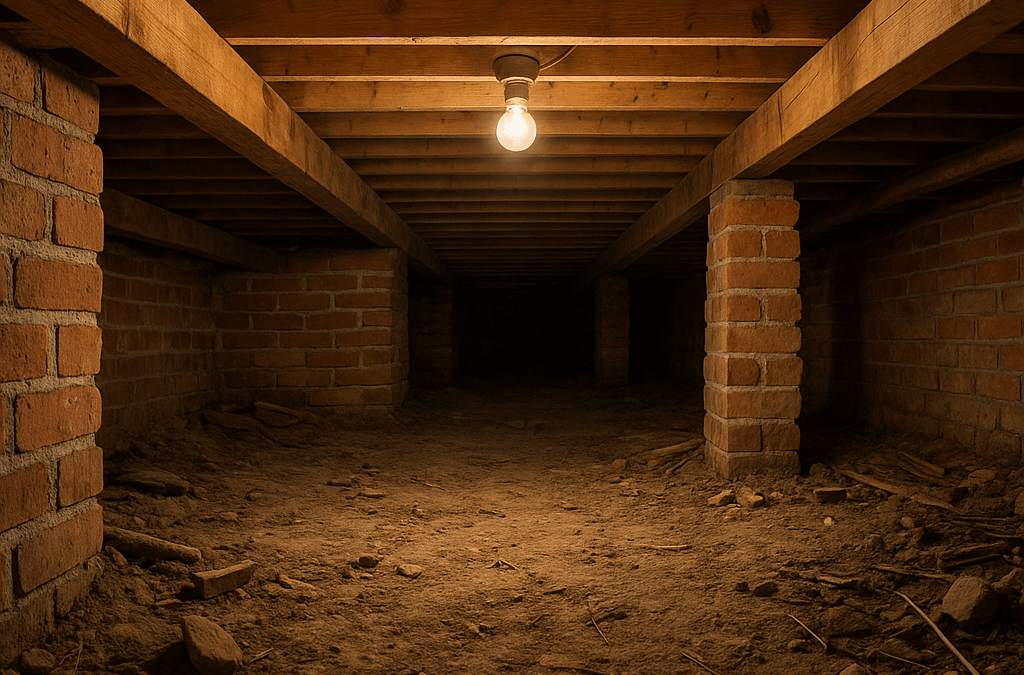
The trend of tiny houses, small, compact homes that are often self-sufficient, has taken off in recent years. But is living in such a tiny house really as idyllic as it seems? Let's dive deeper into the world of tiny living and discover what it really means to live in a tiny house.
What is a tiny house?
A tiny house is more than just a tiny house. The tiny house movement is about rethinking and simplifying our way of life, aimed at reducing overconsumption and increasing life happiness. These cozy and compact shelters, typically ranging from 15 to 50 square meters, are notable for their easy portability. A specialist such as Tiny House builder Lacet-Niederrhein can advise you on this. It's not just about physical space, but a philosophy of conscious living and minimalism.
The benefits of living in a tiny house
- One of the biggest advantages is the lower cost. Less space means lower mortgage or rent costs, lower utility bills and less spending on furniture and decorations. This opens the door to a life with less financial pressure and more freedom to enjoy experiences.
- Limited space forces you to think about what you really need. This minimalism can make for less stress and a tidier life. It frees you from the burden of excessive possessions and encourages appreciation of life's simple pleasures.
- Tiny houses are often more sustainable. They use less energy, fewer building materials, and many are self-sufficient with solar power and rainwater harvesting systems. By choosing a tiny house, you are actively contributing to reducing your carbon footprint.
The challenges of tiny living
1. Space limitation: Limited space can be a challenge. You have to be creative with storage space and multipurpose furniture. It requires a change in mindset, learning to make more efficient use of available space.
2. Legal Restrictions: Many areas have strict building codes and zoning restrictions that can make it difficult to place a tiny house. It is essential to be aware of local regulations and address potential challenges before taking the plunge into tiny living.
3. Social Perception: Some people have preconceptions about tiny living. They see it as too cramped or impractical, which can lead to social pressure. It is important to determine for yourself what is best for you and your lifestyle, regardless of any judgments from others.
How do you get started with tiny living?
Research: Start by thoroughly researching the different types of tiny houses and where you can legally place them. Also look at the financial aspects and how it fits into your budget and lifestyle.
Minimize: Start reducing your possessions. This helps you get used to the idea of living with less and helps select the essential items you need.
Plan and Build: Decide whether to build or buy your tiny house yourself. There are numerous resources and communities that can help you plan and build your own tiny house.
Trial living: Consider first renting a tiny house for a short period of time to see if this lifestyle suits you. It provides a hands-on experience before you fully commit to tiny living.
Is tiny living something for you?
Living in a tiny house is not for everyone. It requires adjustments and compromises. However, for those who long for a simpler, more sustainable and financially free life, a tiny house can be a dream come true. The philosophy behind living in a tiny house extends beyond simply downsizing your living space. It is about expanding your personal freedoms and enriching your life by cherishing experiences over material goods.
Conclusion
Choosing a tiny house means embracing a way of life that combines financial independence and sustainability with a simplistic lifestyle. This decision requires deep contemplation, carefully weighing the positives and negatives. For those adventurous enough to take this step, a path to a freer and more enriching life unfolds. It is very important to prepare yourself well and thoroughly consider whether this particular way of life suits your own preferences and needs. Tiny living goes beyond a fleeting trend; it is a philosophy of life that requires a deliberate and committed attitude. It offers the opportunity to consciously choose a life that revolves around value, meaning and freedom.










